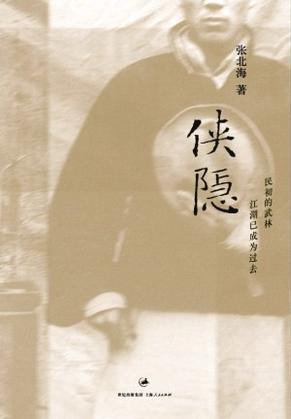 |
|
Book cover of Xia Yin.[Photo provided to China Daily] |
Zhang, who was born in Beijing in 1936, moved to Taiwan with his family in 1949.
After graduating from National Taiwan Normal University, he went to the United States in 1962 to do further studies in comparative literature at the University of Southern California.
Zhang says: "In the 1960s, the US was going through a huge transformation. Along with the civil-rights campaigns of the 1960s, the anti-war movement was also bubbling, attracting members from college campuses, middle-class suburbs, the labor unions and government institutions.
"Everything was new to me and I was shocked and excited."
After earning a master's degree, Zhang did a variety of jobs-from being a clerk in a bank and a deliveryman at florist's shops, to working at gas stations.
His life of unstable jobs ended in 1972 when he found work as a translator at the United Nations and moved to New York, where he started to write.
He published several Chinese-language collections of essays about New York. Thanks to his sensible and insightful observations, his essays about daily life in New York, such as metro trains and tramps, earned him a name in China.
As an old New Yorker, he has been the host for many Chinese artists.
Hong Kong filmmaker Stanley Kwan used his house as a setting for his film Full Moon in New York, and Taiwan musician Bobby Chen featured him in a song, Old Hipster.
Writer Xu Zhiyuan describes him as cosmopolitan.
"Like Ernest Hemingway, he wrote about his home country far away from it, adopting a peculiar view," he says.
|
|
|
|
|
|
|
|
